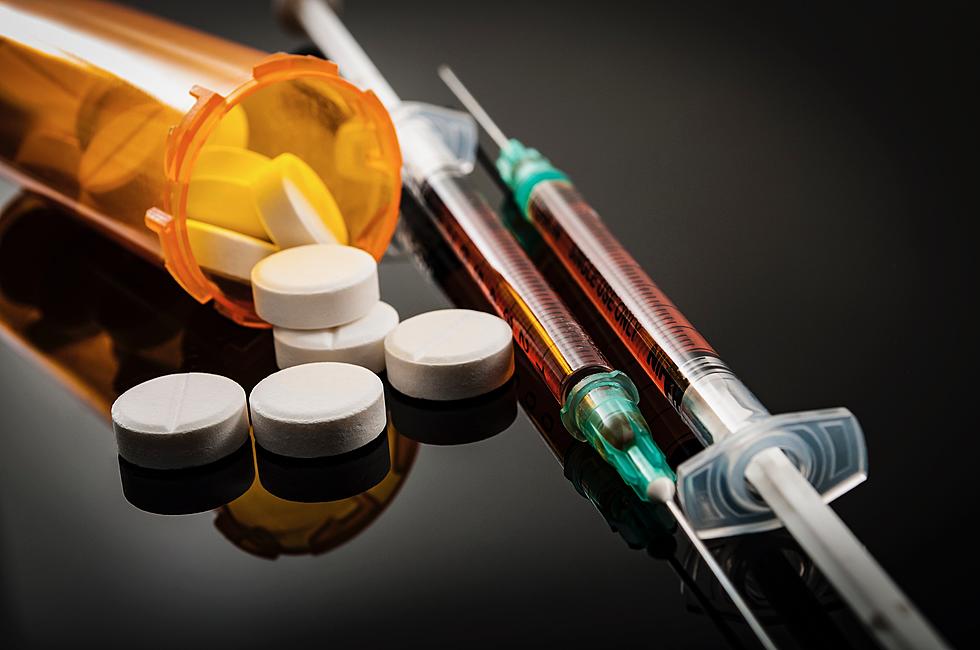
A look at the opioid abuse epidemic from inside NJ emergency rooms
It’s not exactly shocking news.
The opioid epidemic is sending more and more Garden State residents to the hospital.
A study by the Agency for Healthcare Research and Quality shows between 2005 and 2014 there was a 64 percent increase for inpatient care and a spike of 99 percent for emergency room treatment of cases involving opioid abuse.
“Hospitals and emergency rooms in New Jersey are well suited to handle this crisis because we have no choice. We are the safety net and any of society’s ills find their way to our doors. But it’s distressing,” said Dr. Michael Gerardi, emergency physician at Morristown Medical Center and a member of the Medical Society of New Jersey and the past president of the American College of Emergency Physicians.
He noted the medical community over the past decade has been paying more attention to treating the pain of patients, which is good. “However, we may not always realize how addictive these drugs really are.”
He also pointed out ER doctors are ready and able to handle the overflow of opioid abuse cases they’re presented with.
“We saw this coming several years ago, and therefore we put out clinical policies on opioid use, how to treat it, recognize it.”
According to Gerardi, ER docs are acutely aware of the rise in the overdose problem.
“We’re the ones that see these people coming in on death’s doorstep or deceased and it’s tragic and it’s the emergency physicians who have to go talk to the family or parents or loved ones,” he said.
“It’s emblazoned in our consciousness and our souls that we want to see this epidemic stopped.”
He said in recent years, emergency room physicians have become pretty good at spotting patients with an opioid abuse problem.
“It’s not only their behavior. They sometimes come in specifically requesting for certain drugs that other people wouldn’t know about. They’re also allergic to every non-opioid drug, if you know what I’m saying.”
He said many times these individuals also “have these multiple drug allergies and the only drug that can work for them is drugs that begin with a D — dilaudid, for instance, or 'I can only have morphine, I’m allergic to the non-opioid pain medication.'”
He said doctors may also suspect a patient is having an opioid abuse issue “if they have pain out of proportion to what we’re seeing on an exam, or what they say is causing them pain. So many people may have 10 on a scale of 10 pain for something you and I would barely notice, or take a Motrin for.”
“These are little alarms that are setting us off that we say, 'Hmmm, I think something else is going on here.'”
He noted because of the Prescription Drug Monitoring program, doctors can now electronically look up what medications patients have been prescribed as well as their past ER visits, which has helped to curb abuse.
Gerardi also pointed out emergency room doctors have been decreasing the amount of opioid drugs they’re prescribing and administering to patients for many years.
You can contact reporter David Matthau at David.Matthau@townsquaremedia.com
Also on WOBM:
More From Beach Radio










